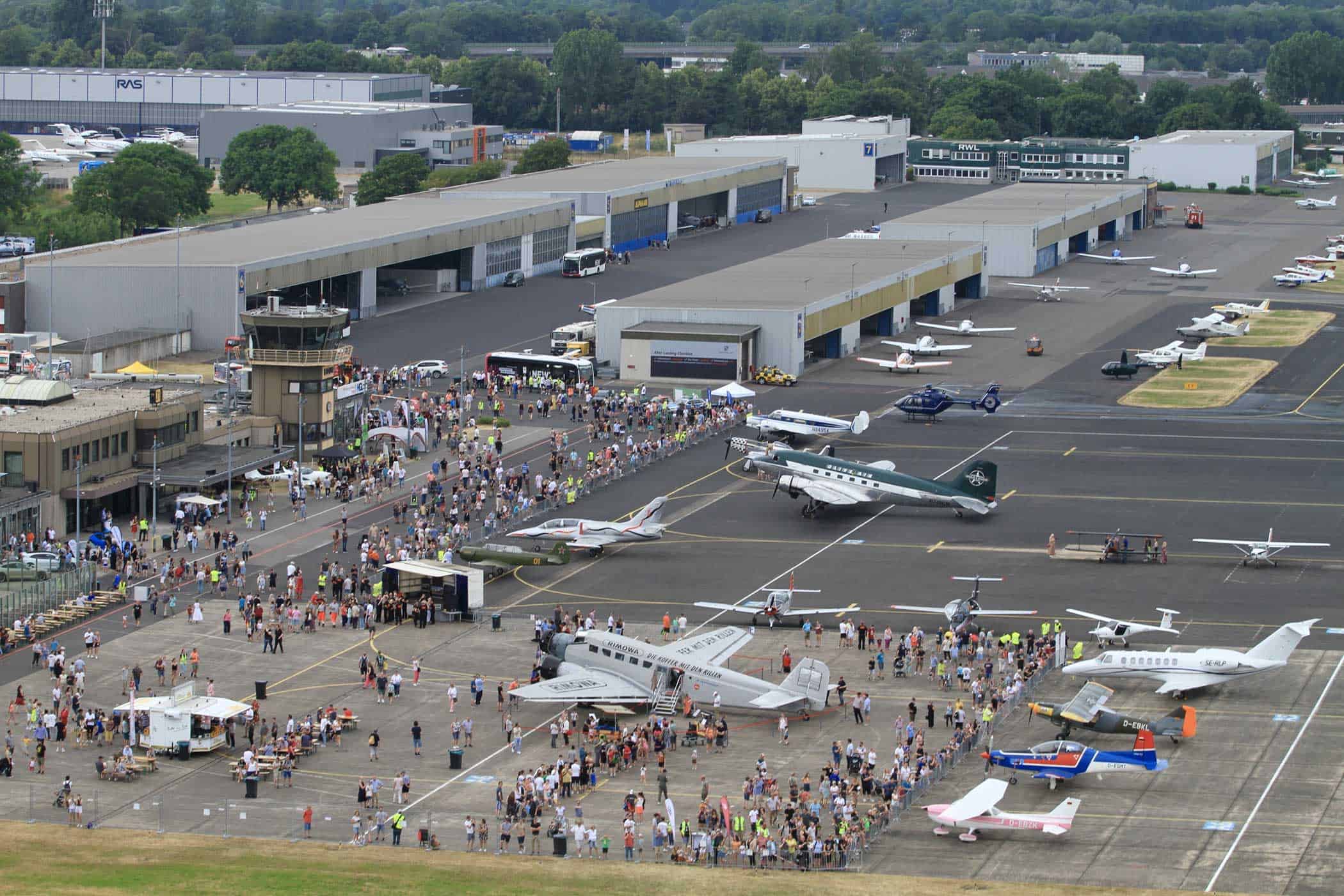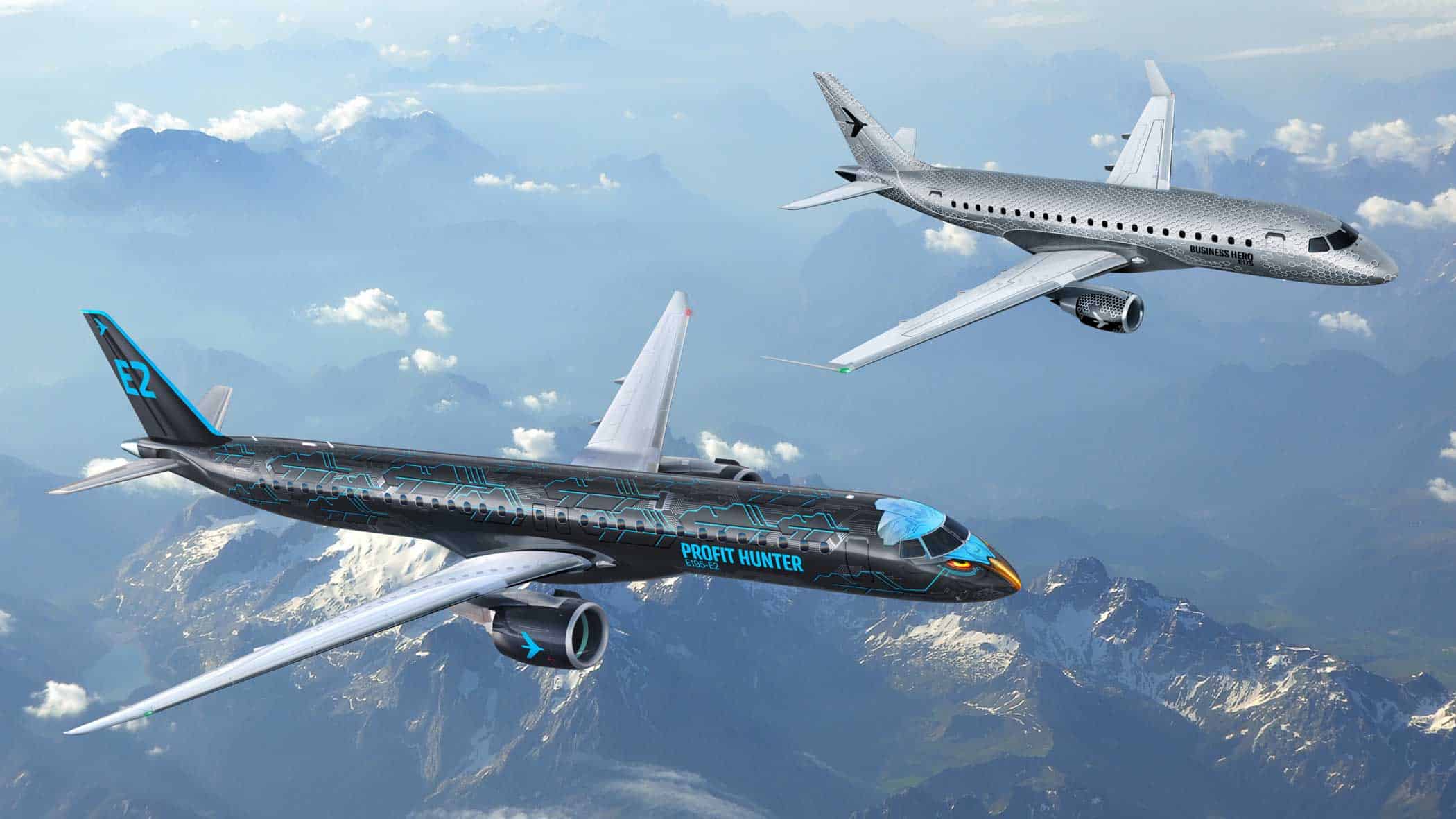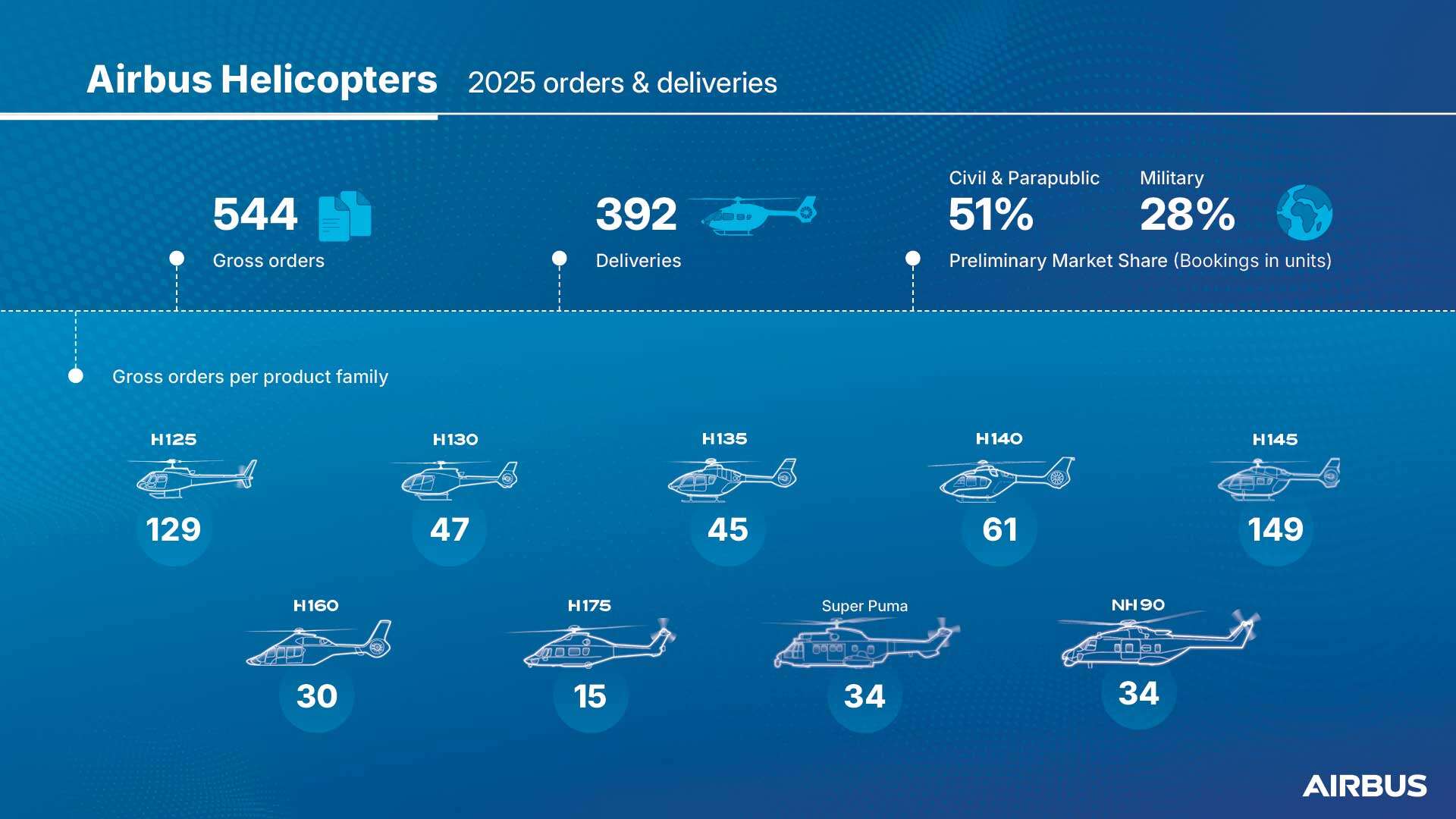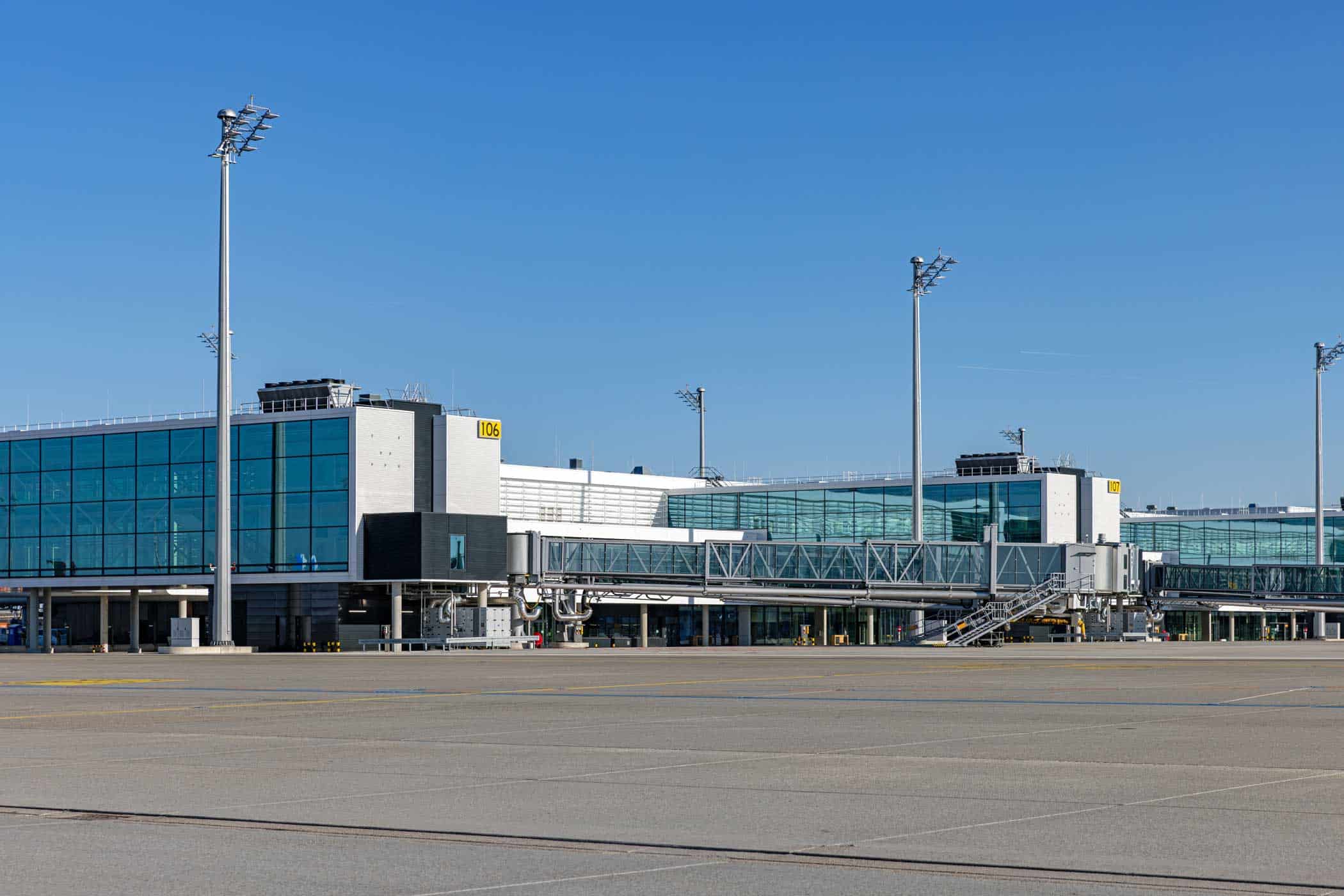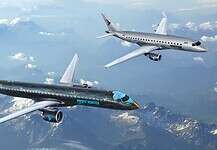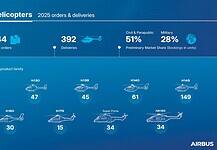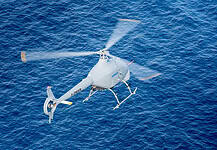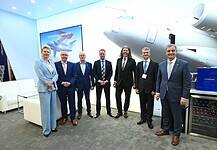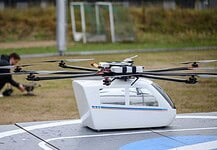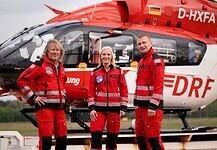At the Airbus 2025 Summit, Airbus announces the progress of its strategy to shape the commercial aviation of the future. The focus is on the development of a new commercial aircraft powered by hydrogen, which could be available from the 2030s.
New aircraft development by the end of the 2030s
Airbus has stated that it intends to have a new, single-seat commercial aircraft ready for service by the second half of the 2030s. This plan is part of its long-term roadmap to reimagine aviation through innovation. The focus is on developing technologies necessary for hydrogen propulsion to enable long-term, emission-free air travel.
Progress in the ZEROe project
Through the ZEROe project, Airbus reaffirms its commitment to bringing a commercially viable hydrogen aircraft to market. It showcases technology building blocks that pave the way for electric aircraft powered by fuel cells. This development builds on years of research in hydrogen-powered aviation.
Technological milestones
Airbus highlights the successful test of a 1.2-megawatt hydrogen propulsion system in 2023 and announces further tests. End-to-end tests of a fully integrated fuel cell stack were conducted in 2024. These initiatives are intended to address the challenges of handling and distributing liquid hydrogen in the air.
Building a hydrogen aviation industry
In addition to technological developments, Airbus aims to establish a hydrogen aviation industry. It aims to create a regulatory framework that enables commercial hydrogen flights. To this end, close collaboration with partners such as Air Liquide Advanced Technologies is planned. Together, they are developing the so-called Liquid Hydrogen BreadBoard for comprehensive testing starting in 2027.
Airbus is a leading aerospace company committed to developing sustainable solutions for the future. With a strong focus on innovation and environmental sustainability, Airbus is driving the development of alternative propulsion technologies to make aviation emission-free in the long term.

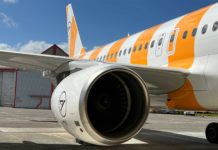





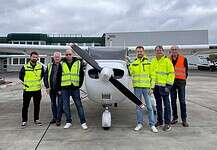

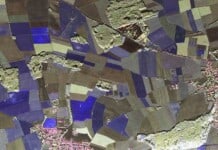

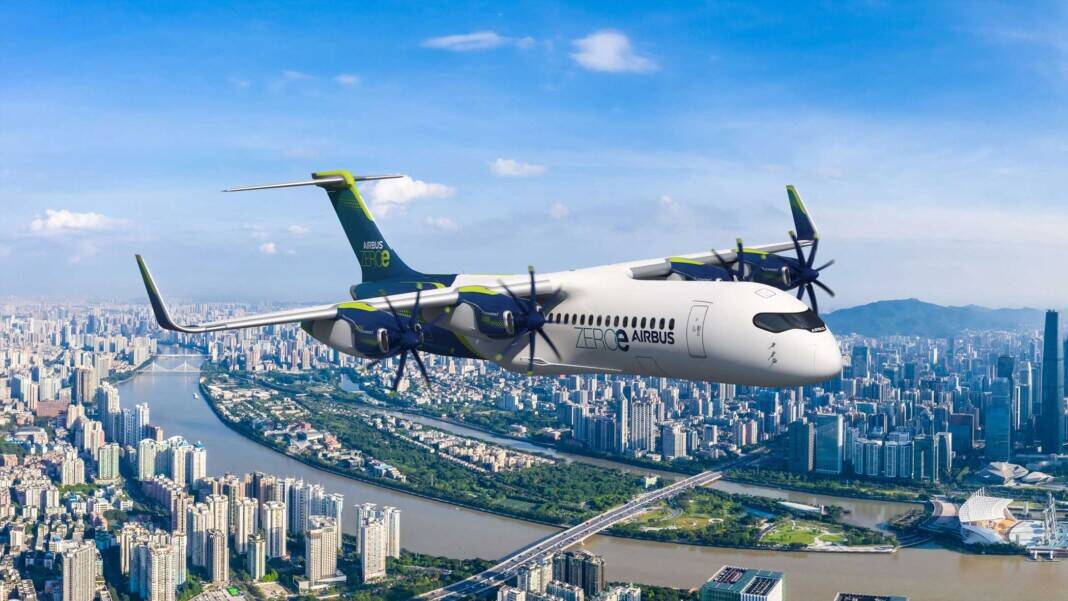
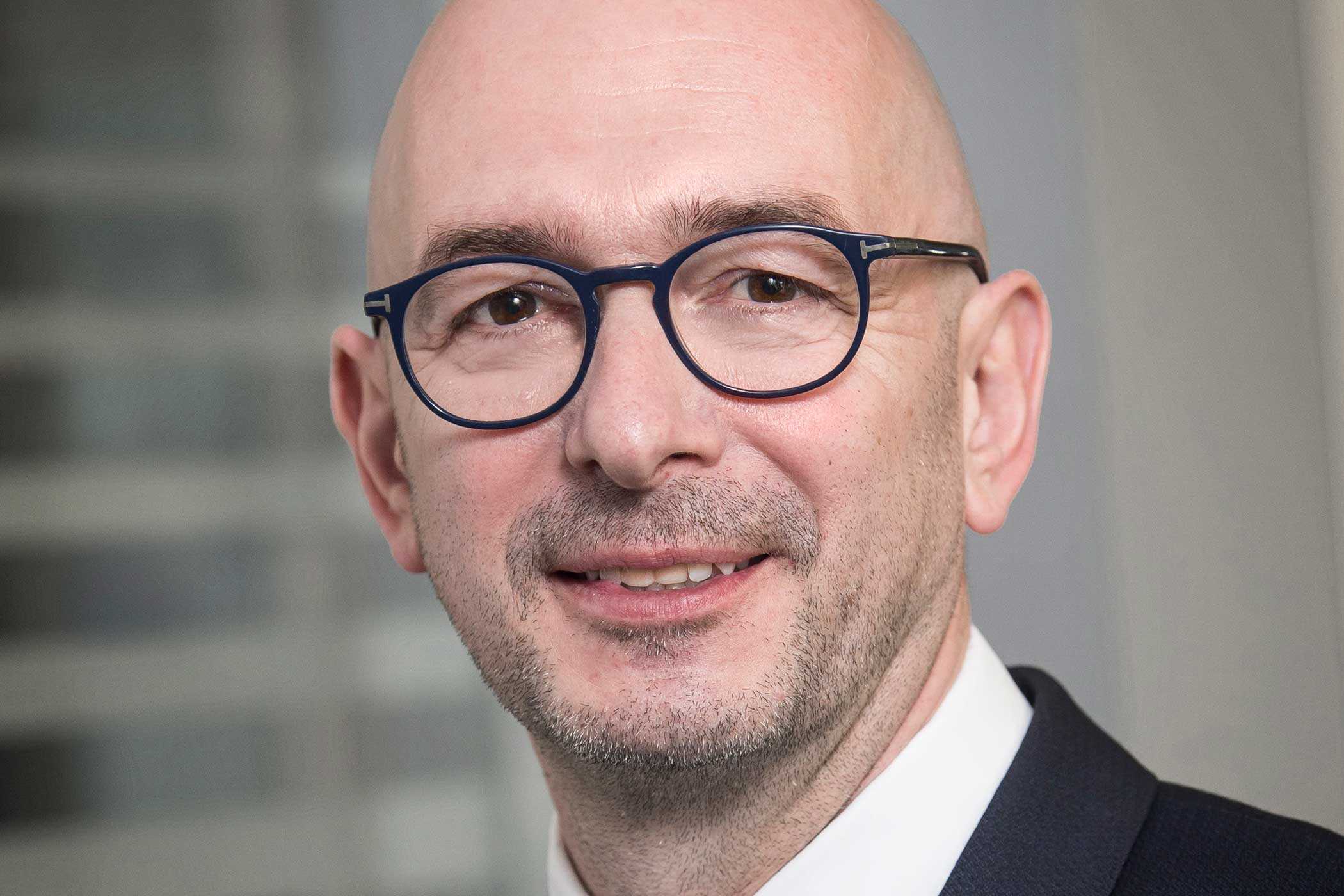 Unterschätzte Potenziale für mehr Nachhaltigkeit im Flugverkehr
Unterschätzte Potenziale für mehr Nachhaltigkeit im Flugverkehr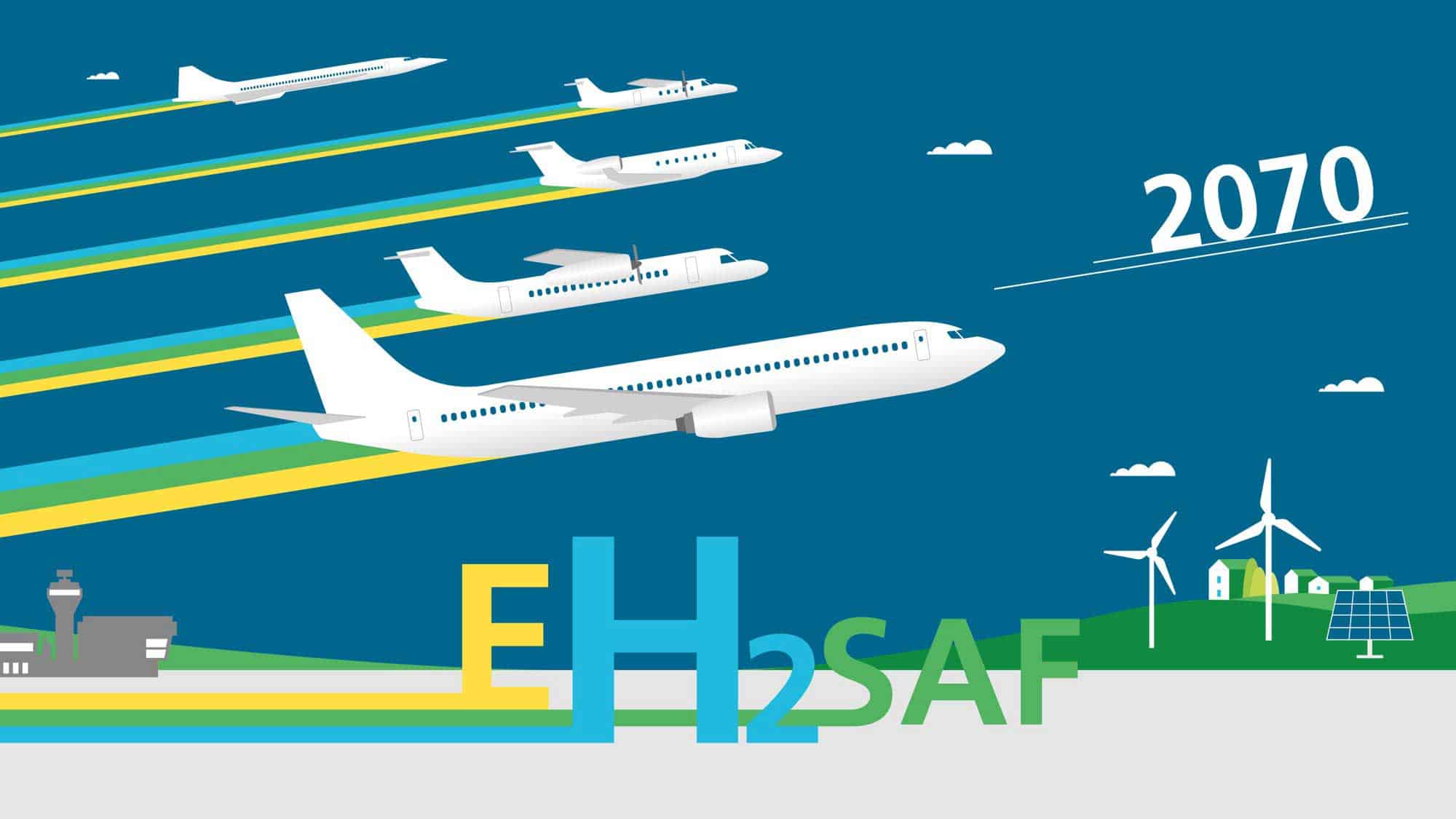 Prognose DEPA 2070: CO₂-Einsparungen trotz Verdopplung des Luftverkehrs
Prognose DEPA 2070: CO₂-Einsparungen trotz Verdopplung des Luftverkehrs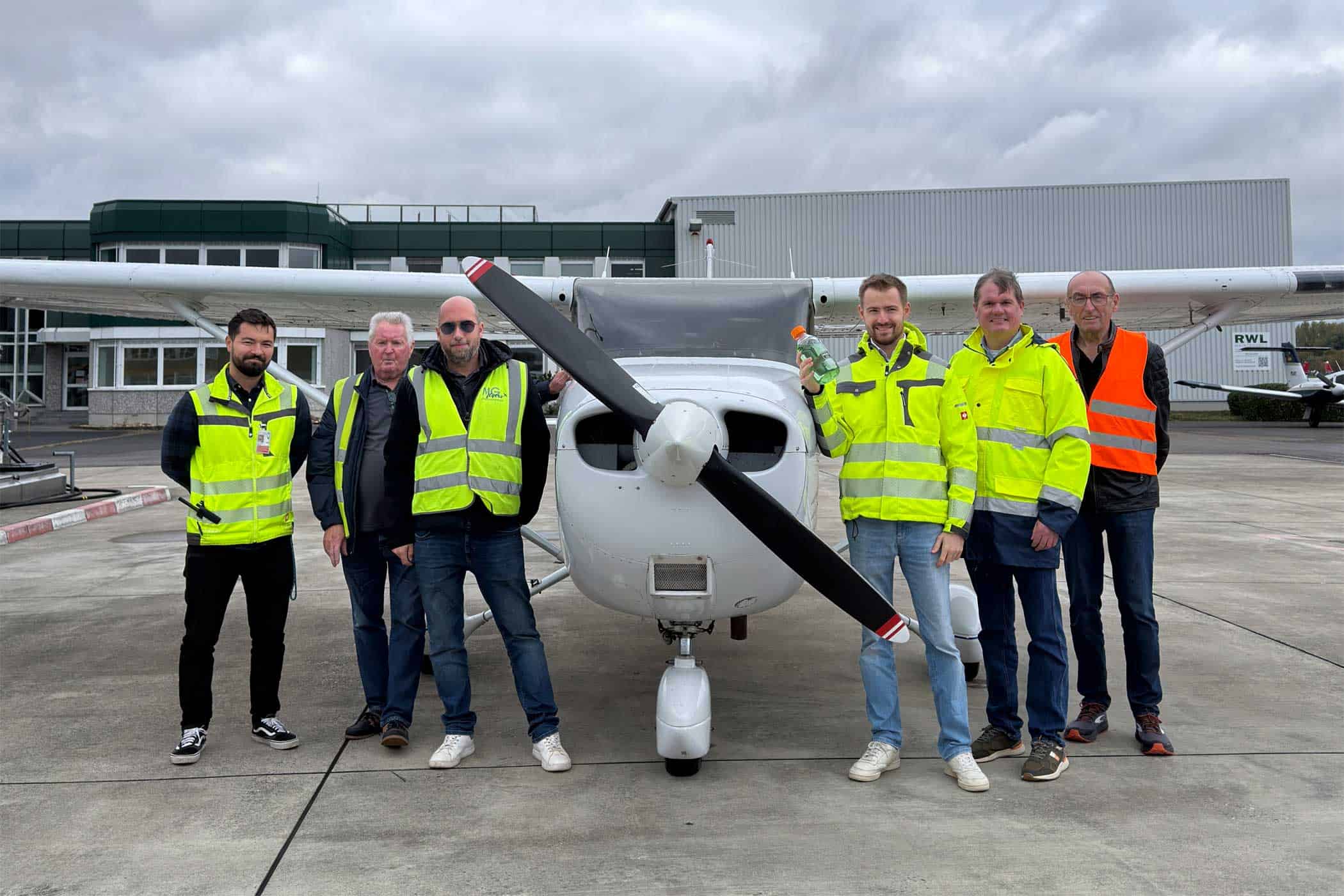 Neuer Flugkraftstoff Swift 100R am Flughafen Mönchengladbach
Neuer Flugkraftstoff Swift 100R am Flughafen Mönchengladbach
